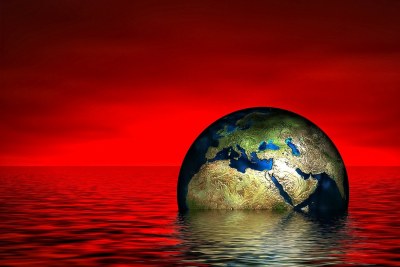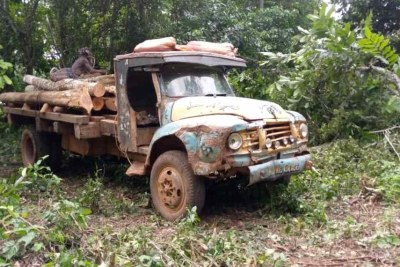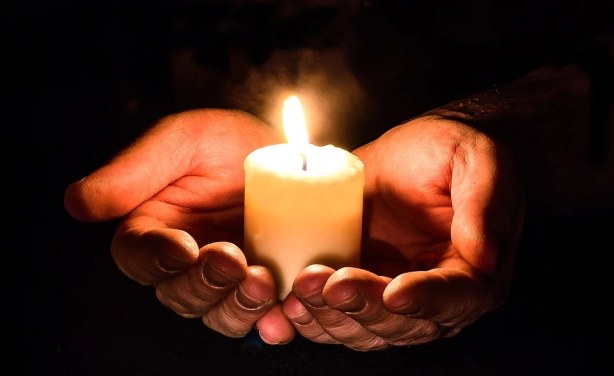-
Africa: Earth Hour Africa: Why We Must Act Now for Nature and People
World Wide Fund For Nature, 25 March 2022
Earth Hour is the world's largest grassroots environmental movement, mobilizing millions of people around the world to demonstrate their concern for nature. Every year in March… Read more »
-
Africa: We Can Still Hold the Line On Climate Change Impacts
Thomson Reuters Foundation, 28 February 2022
Any views expressed in this opinion piece are those of the author and not of Thomson Reuters Foundation. Read more »
Earth Hour Africa - Why We Must Act Now for Nature and People
Earth Hour is the world's largest grassroots environmental movement, mobilising millions of people around the world to demonstrate their concern for nature. Every year in March since 2007, Earth Hour has inspired people to speak out about the climate and environmental issues in their communities.
Deforestation, overfishing, illicit trafficking, extensive agricultural practices, unsustainable infrastructure, rapid urbanization, mining, plastics, and a slew of other factors are accelerating, undermining and degrading nature.
Many countries in Africa are ready to decarbonize their economies, to preserve their delicate ecosystems and to restore their damaged habitats. Science clearly shows that we need to act urgently to better protect nature, both as a safety net for livelihoods and as one of our strongest allies against future pandemics.
Governments must act promptly and together to protect nature and all life on the planet, including our own, as well as to address the major drivers of environmental destruction, which are our unsustainable economic practices, writes Alice Ruhweza who is World Wide Fund for Nature, Africa Region Director.
InFocus
-
UN scientists have delivered a stark warning about the impact of climate change on people and the planet, saying that ecosystem collapse, species extinction, d Read more »
-
Although the African continent accounts for the smallest share of global greenhouse gas emissions, its nations continue to hold the unenviable position of being disproportionately ... Read more »
-
Near real-time data pinpointing tree losses is helping African countries tackle deforestation, a study finds. A system using satellite data to send free alerts when trees are ... Read more »




